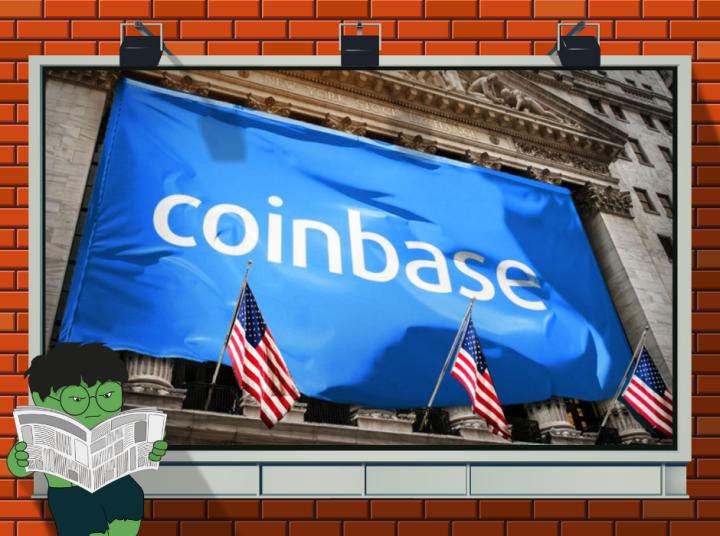As the U.S. unemployment rate triggered concerns about economic recession, the Bank of Japan cut interest rates, and the geopolitical turmoil in the Middle East caused violent fluctuations in global capital markets on Monday (5), the VIX panic index once hit the largest increase since 1990.
However, analysts on Wall Street have said that although the risk of economic recession has increased, the outside world seems to have overreacted. Among them is the economist Nouriel Roubini, known as "Dr. Doom", who has changed his past bearish stance. In a recent interview, he said that the view of anticipating a hard landing for the economy is too pessimistic.
Note: Nouriel Roubini successfully predicted the 2008 U.S. subprime mortgage crisis and was dubbed "Dr. Doom" by the market.
Doctor Doom: No hard landing anytime soon
Roubini said in an interview with Bloomberg yesterday (7th) that the market expects that the U.S. Federal Reserve (Fed) may significantly cut interest rates due to a hard landing of the economy. This idea is too pessimistic:
I would say there have been three recessions in the stock market in the past, but there were probably 10 more forecasts.
The same goes for bond markets and yield curve inversions. The market just keeps getting it wrong, even when it comes to the Fed. The market's predictions about the future development of the economy and the Fed's future actions are often wrong.
He continued to emphasize that although evidence shows that the U.S. economy is slowing down, there will not be a hard landing in the short term:
But I don't think these data suggest that we're going to face a hard landing in the short term.
Black Swan Author: The heavy fall in U.S. stocks this week is not considered a black swan
In addition, Nassim Nicholas Taleb, author of the best-selling book "The Black Swan Effect", also holds the same view. He said that the U.S. stock market fell 3% this Monday, which is not considered a "black swan" event. If the stock price keeps rising but does not disappear, A retracement of this magnitude is a bigger surprise:
The S&P 500 index fell 3% on the 5th, setting a record for the largest single-day decline for this U.S. large-cap index since September 13, 2022, but it cannot be called a "black swan event" that has investors talking. .
It's a bit ridiculous to describe a 3% drop as an "abnormal" event; in fact, a stock price drop of more than 3% in any year is relatively common.
Extended reading: Goldman Sachs confidently says "don't worry too much" about U.S. unemployment rate, founder of Sam's Law: Economic recession may be avoided this time








